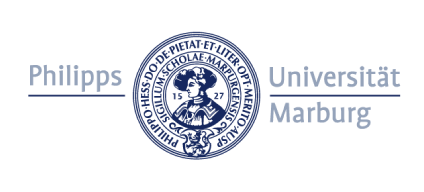main content
Microbiology Seminar Series: Evolution of evolvability: adaptive hyper mutability by lineage selection
Veranstaltungsdaten
16. May 2023 13:15 – 16. May 2023 14:15
Download event (.ics)
MPI for Terrestrial Microbiology, Lecture Hall / Hybrid
Microbiology Seminar Series
Evolution of evolvability: adaptive hyper mutability by lineage selection
Prof. Dr. Paul Rainey; Max Planck Institute for Evolutionary Biology, Department of Microbial Population Biology, Plön
The study of evolution typically focusses on individual cell responses to contemporary environments. However, natural selection often acts over timescales longer than the doubling time of individual cells, thus shaping properties that determine the long-term success of lineages. One property critical for long-term success is capacity to generate adaptive variation via genetic change. If capacity is limited, then no matter how well individual cells perform in the current environment, extinction is likely in future environments. I will describe work – from Michael Barnett – in which experimental lineages of bacteria were subjected to repeated bouts of reverse phenotypic evolution. The regime involved selection working both on cells, and on lineages of cells. The ensuing lineage-level birth-death process caused lineages to be become units of selection in their own right, thus rendering possible the emergence of traits adaptive at the lineage level. After more than fifty evolutionary reversals, one lineage swept to fixation on account of enhanced capacity to anticipate future environmental change. To understand the genetic basis, more than 500 mutations were identified and ordered. This revealed a “contingency” locus that, via slipped-stranded mispairing, allowed reliable anticipation of future environmental conditions. Drawing upon detailed knowledge of the evolutionary history of this lineage I will recount key steps underpinning birth of the locus. I will further discuss experiments that demonstrate the locus to be adaptive, readily responsive to alterations in the frequency of environmental change, and show that it played a primary role in facilitating further adaptive changes that improved ecological performance of focal lineages.
Lecturers
Prof. Dr. Paul Rainey; Max Planck Institute for Evolutionary Biology, Department of Microbial Population Biology, Plön
Contact
Prof. Dr. Victor Sourjik


